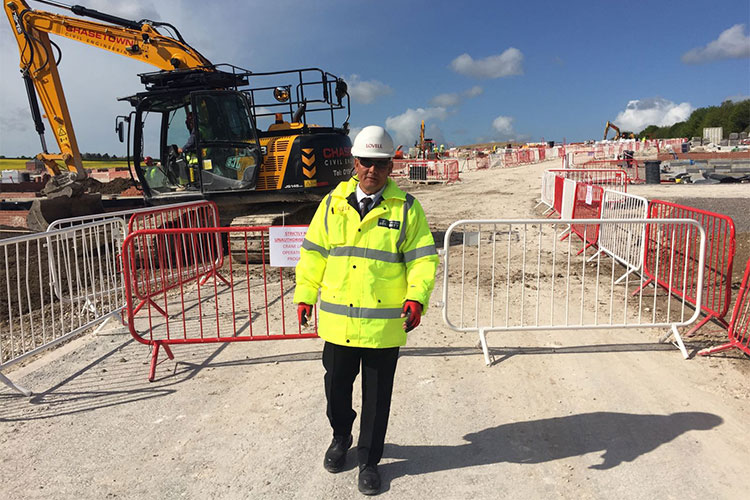
Quick Answer: Security guards protect various industries’ people, assets, and property. Their roles include deterring crime, handling emergencies, and ensuring safety. Each sector requires unique strategies tailored to its risks, from retail to construction.
Let’s break it down industry by industry—quick, sharp, and no fluff.
But have you ever stopped to think about how security guards adapt their skills for different industries?
You’ve seen them at shopping centres, concerts, and construction sites.
Think office buildings, shopping centres, and hotels.
Security guards control access, patrol restricted areas, and watch for unauthorised visitors.
What they do:
The result? Safer spaces for workers, visitors, and property owners.
Shoplifting isn’t going away anytime soon.
That’s why retail security guards are trained for loss prevention.
Their toolkit:
Retailers save thousands with the right security measures in place.
Concerts, festivals, and sports venues are chaotic without proper security.
Guards are the frontline responders for everything from safety checks to emergency evacuations.
Key tasks:
For event organisers, having security is non-negotiable. No guard presence? No control.
Feeling safe at home isn’t a luxury—it’s a basic need.
Residential guards manage gated communities, private estates, and high-risk neighbourhoods. Their job is to deter loitering, trespassing, and break-ins.
Daily duties:
A reliable security officer can keep an entire neighbourhood at ease.
Construction sites are a magnet for theft and vandalism.
Why? Expensive equipment and limited surveillance after hours.
What guards handle here:
Security guards don’t just save money—they keep projects running smoothly.
Hospitals are unique. They’re open 24/7, but safety is only sometimes guaranteed.
Security guards bridge the gap between public access and protected zones.
Their focus:
Healthcare providers need guards who can stay calm and handle stressful situations.
Banks are high-risk targets. No surprises here.
Security officers safeguard money, sensitive data, and clients.
Their role includes:
Banks rely on these pros to prevent financial disasters.
Warehouses store goods worth millions.
With security, theft and damage are guaranteed.
Here’s what security guards do:
When supply chains are protected, businesses thrive.
Marine environments? It’s a different ball game altogether.
From ports to cargo ships, guards deal with illegal activities like smuggling.
Their arsenal:
The maritime industry depends on proactive security to operate safely.
A: In the UK, security guards require an SIA licence. This involves passing a training course and background checks.
A: Through high-visibility patrols, surveillance, and immediate response to suspicious behaviour or incidents.
A: Generally, no. UK guards focus on deterrence and prevention rather than armed response.
A: Costs vary by service type. For example, event security is short-term, while residential guards may work full-time shifts.
Security guards aren’t one-size-fits-all.
Each industry has risks and challenges, and guards adapt to meet them.
Whether keeping shoppers safe or preventing construction site theft, these professionals are the backbone of modern safety.

Head Office
18-20 Millbrook Road East,
Southampton, Hampshire, SO15 1HY
Tel: 0800 799 9800
Email: info@veritech-security.com
Hours: Monday - Sunday: Open 24 Hours
Simply complete our quick survey below